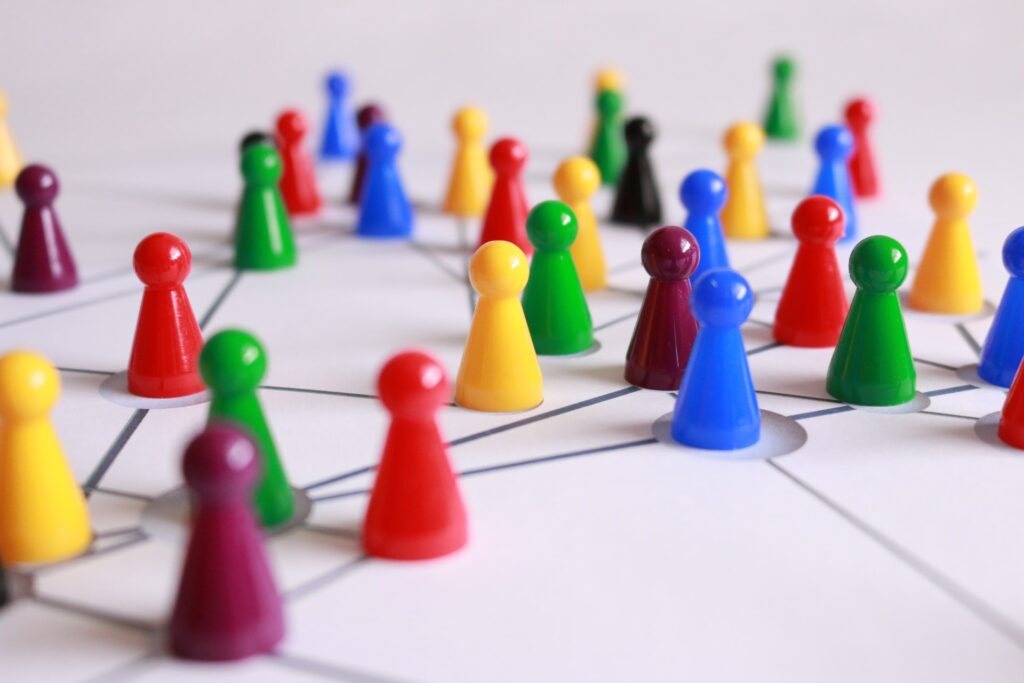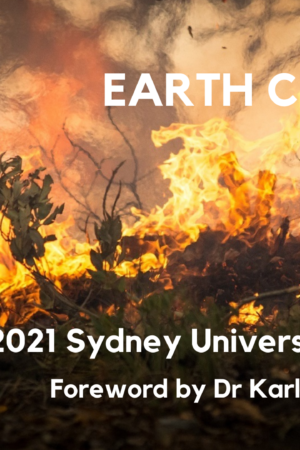Thinking About Networks

network noun (from Oxford Advanced Learner’s Dictionary)
- a complicated system of roads, lines, tubes, nerves, etc. that are connected to each other and operate together
- a closely connected group of people, companies, etc. that exchange information, etc.
Our world is built around the people, groups and communities we surround ourselves with. They form networks of connections, beliefs and ideas that can help to shape the people we become. Networks can become vehicles for positive social change and impact, providing an open forum for the sharing of new ideas and spearheading important action. Networks can also be used to stimulate innovation when diverse individuals and entities pool their knowledge and resources to generate novel initiatives. In our digitised, modern world, networks have taken on a whole new meaning in the context of social media and how we relate to each other in our online presence.
In this years’ student anthology project, we want you to flex your creativity in exploring the idea of networks and what they mean to you. Get thinking about some unique ways networks operate across the world on a global scale and on a smaller, more personal level. Here are some creative prompts to get you inspired about the different interpretations of networks.
Networks and social media
Communication streams have evolved dramatically over the last two decades with the rise of social media and networking platforms like Facebook, Instagram and Twitter. Not only has our mode of communication evolved, but the ease of access to consumable, short form content has fundamentally changed the way we absorb information. Consider what life would be like if social media networks never existed; how would global communication look in 2021? What would be the alternate form of social currency, given likes, follows and retweets would become redundant? Would influencers still exist in an alternate context?
The hidden side of networks
Despite networks often offering a sense of belonging or community, there are some that we identify with that we choose to keep hidden from the rest of the world. This can be due to social taboo, shame and fear of judgement, or because that network is inherently harmful or comes into conflict with another network in society. The rise of alt-right extremism and supremacist ideologies in the last several years has largely been facilitated by online networking with individuals from all over the world. In comparison, fringe networks, such as BDSM communities, addiction recovery groups or religious cults, often have social taboos associated with them, forcing these networks to operate ‘underground’ where they are free from social judgement. Consider the psychology behind wanting to hide your association to a particular network from the rest of society; why are we more willing to show our affinities for certain networks above others? How do we navigate networks that pose a threat to other communities?
Networks and control
In an era of concentrated political propaganda and ‘fake news’, what role do networks play in actively influencing or controlling the thinking and ideologies of individuals or groups? Networks offer isolated individuals a sense of belonging or connection, which can have both negative and positive outcomes. Cults have thrived for years off establishing a tight, close-knit network that relies on fanatical dedication from each other in order to function. This pattern increases the ability of cult-leaders to dictate the habits, beliefs and thinking of individual members and thereby sustain their control and influence over a group of people. News corporations utilise advertising and monopolise outlets to attract large audiences in order to establish a loyal following and sense of trust in their content. What are some of the other ways these sorts of networks operate and exert influence over individuals, and what threats do they pose to broader society?
Networks in 2021
Reflect on whether the turbulent experiences of 2020 shifted your thinking about what networks are most important to you. What networks do you ascribe to, and how do they make a difference to the way you live your life? Thinking about networks on an identity level, is it true that we can only find a sense of belonging and connection through our associations with other networks? Consider what makes something a network rather than a family, tribe or social group. How do we engage networks on a digitised scale in order to enact social change in our world?
The anthology team looks forward to reading your submissions and can’t wait to see the creativity, originality and skill of the USYD network! You can submit here.
 Previous Post
Previous Post Next Post
Next Post